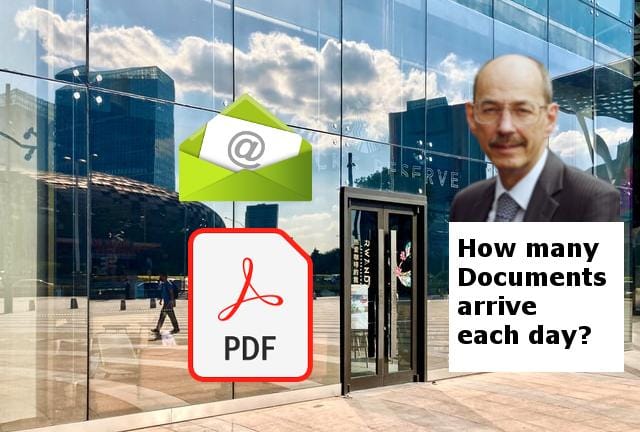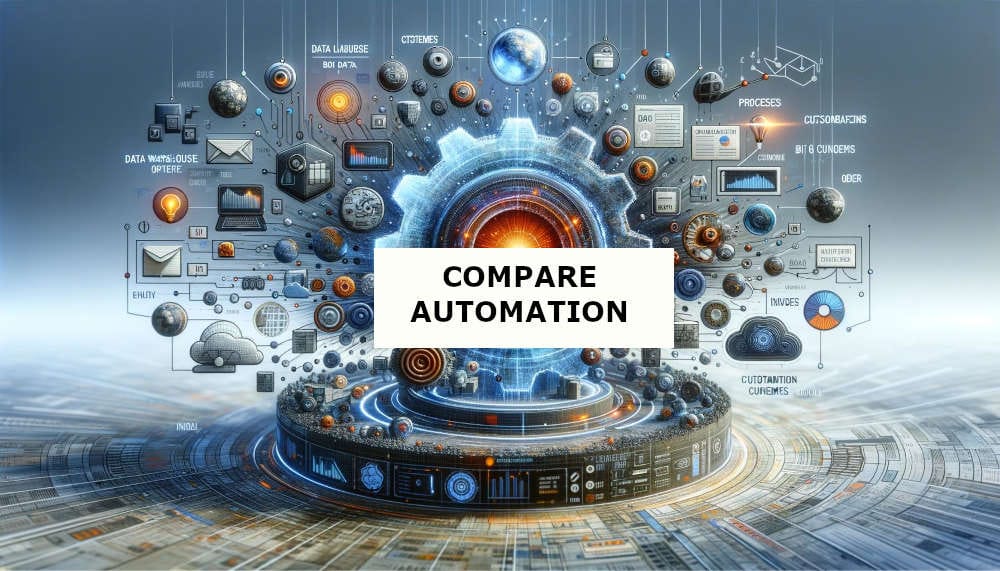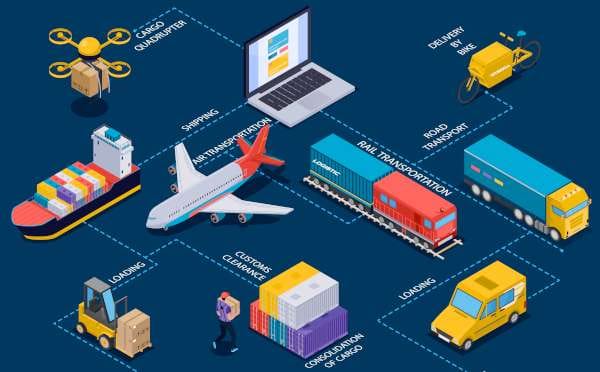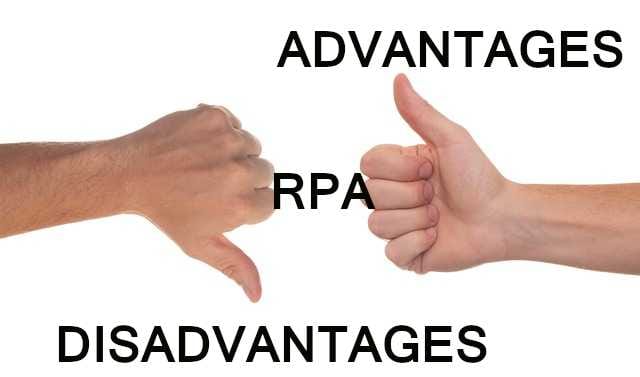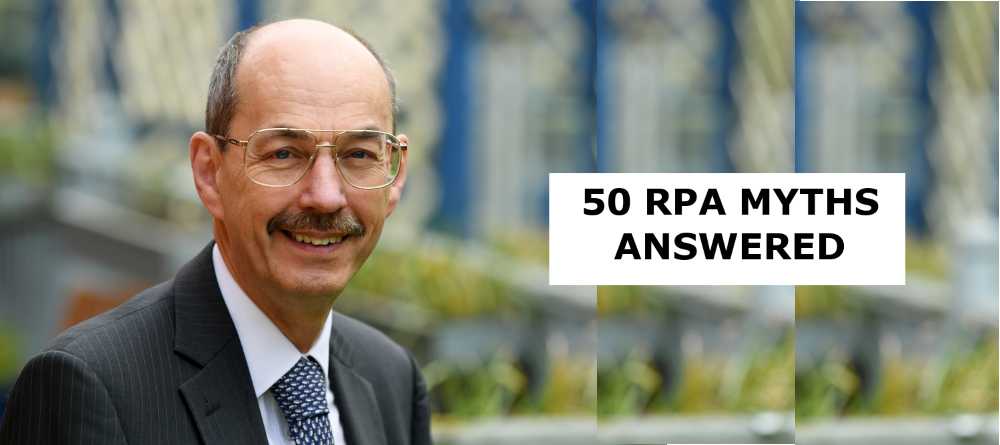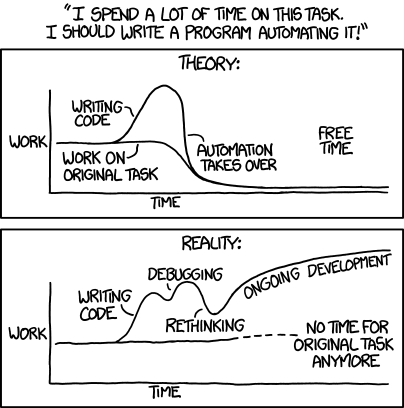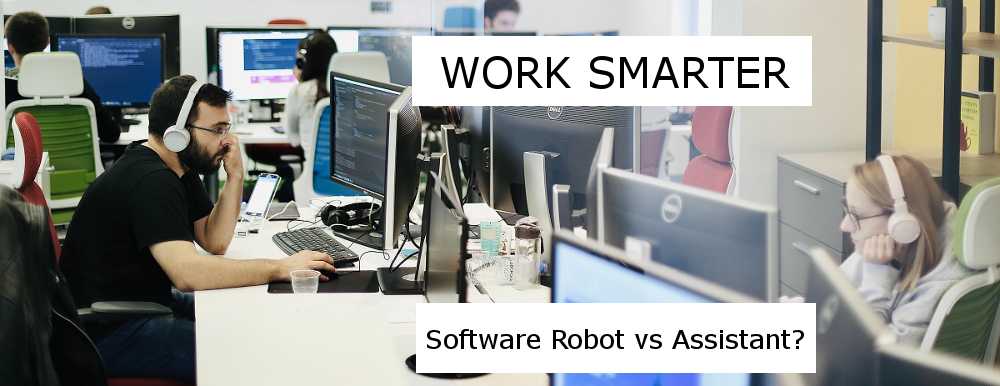
Work Smarter – Software Robot vs Assistant?
Ever heard a consultant say “Work Smarter not Harder”?
Much has been written on Work Smarter, but not so much on “How” to achieve it.
I was asked recently about “Where can RPA be used?” (RPA – Robotic Process Automation)
In response I suggested that the manager ask his team, if each of them was given an assistant, what work would they pass to the new employee?
Routine, repetitive work emerged as the ideas from the team, as a new assistant would need little training to do the tasks and the team could focus on engaging with customers rather than the administration.
This conversation effectively answered “Where can RPA be used”. There was no doubt in the manager’s mind that employing a number of assistants was not the direction for the business when there was the option of using software robots to automate the repetitive tasks.
The conversation illustrated that software robots are good for “Taking the robotic out of the human activity”.
Automation is clearly one way to “Work Smarter”.
Repetitive work is the answer to the “Where can RPA be used” question, it can be found in any business department or operation.
The business case for automation is better for a group of people simply due to the volume of activity which can be completed by software robots.
Automation is not always appropriate. In situations where tasks are constantly changing, people are always more adaptable than software robots although careful analysis of such situations may reveal that by combining the capabilities of AI (Artificial Intelligence) with RPA a degree of automation is possible. A target solution which delivers the 80:20 rule for automation is often a practical approach.
FUTURE ROLES FOR TRAINEES
In some organisations there has been a history of using trainees, apprentices, interns, work placements and others to perform routine repetitive tasks. They have provided a low cost effort option to perform the tasks and with little training or supervision required, administration has been achieved in a cost efficient style. In situations where RPA automation has been implemented there is a reduced need and the opportunity for trainees, etc. is not available.
Although, RPA may reduce the opportunity for trainees to undertake repetitive tasks, trainees can be great at assisting with automation. The advantage being they come with no preconceived ideas. Trainees are often keen to learn how to develop RPA solutions and they are well placed to take part in the detailed testing of the automation as they do not have to perform testing alongside trying to perform their current daily activities.
THE FUTURE OF BPO
Some organisations have invested in using Business Process Outsourcing (BPO) to take advantage of low cost of labour in different parts of the world. This arrangement has enabled the repetitive routine work to be performed at specialist companies that have required small amounts of knowledge transfer. When considering “Where can RPA be used”, any process that has been undertaken by a BPO service provider is likely to be suitable for automation with RPA software robots. Some organisations in the UK have already started to bring the activity back to the UK for software robots to perform the tasks.


